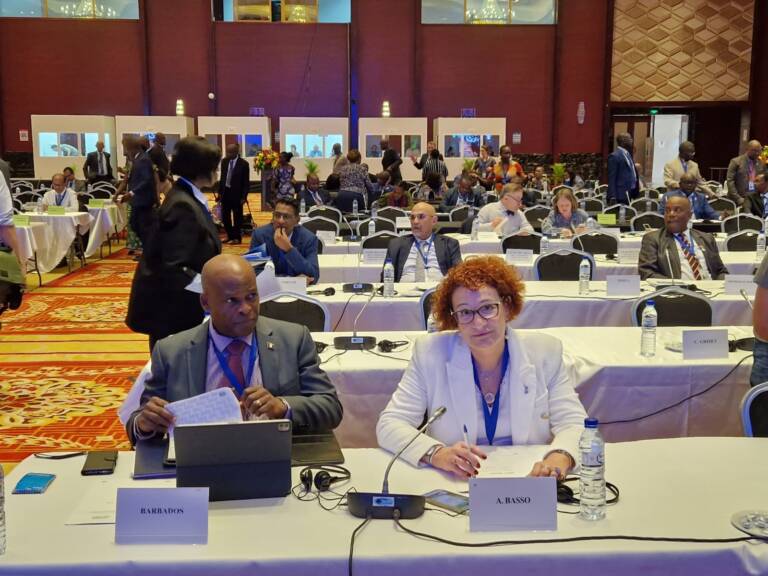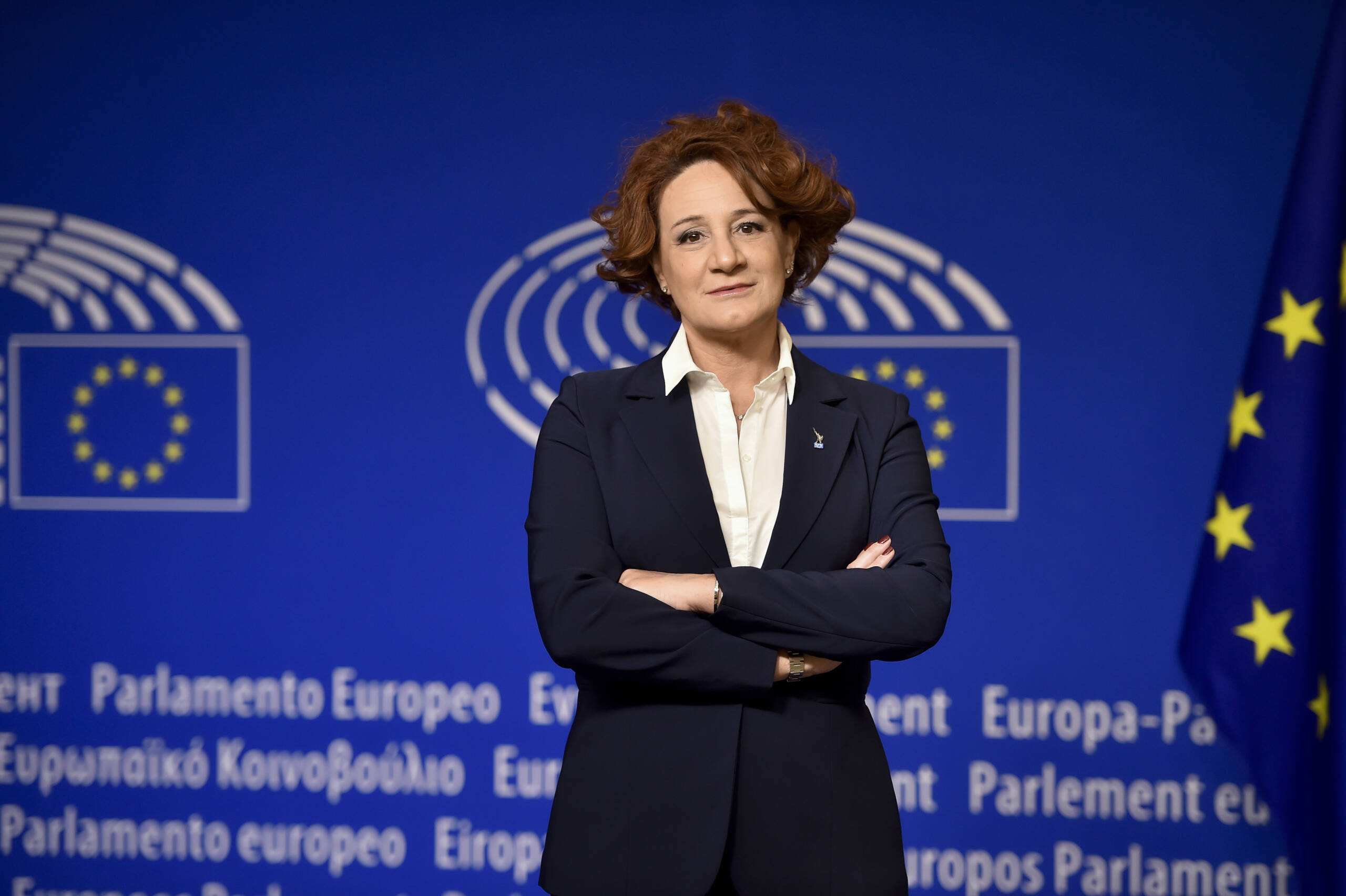International money laundering: solutions to the ACP assembly and Alessandra Basso’s proposals

International money laundering, the " Money Laundering ", involves large criminal organizations that undertake to make " crime pay ", i.e. illegal activities – prostitution, gambling, drug trafficking, large-scale financial scams – see the financial flows generated transformed into clean resources that can be re-invested in the lawful economy. While in Italy much of the press focuses its attention on the use of cash, here we are talking about well-paid professionals, able to launder billions of dollars with just a few clicks on the keyboard. There are no suitcases of cash on the go, but compliant financial systems and governments with permissive legislation that lend themselves to this game.
The damages caused by money laundering are manifold and include:
1) compromise of the legal private sector, which finds unfair competition at home;
2) compromising the integrity of professional financial operators;
3) loss of control over the economic policy of individual countries, with gray or black financial flows not accounted for by the monetary authorities;
4) economic distortion and instability in general;
5) loss of tax revenue;
6) risks that privatizations fall into the hands of criminals;
7) reputational risk for the entire financial and credit system.
During the last ACP inter-parliamentary meeting (Africa, Caribbean and Pacific delegation), in Maputo, Mozambique, this burning issue was addressed. A report on this issue was presented here by MEP Alessandra Basso (Lega ID) and Edmund Hinkson (ACP Barbados) which sparked a lively discussion. His speech, which we offer you in full, also touched on the burning issues of digital finance, increasingly considered a potential means of laundering.
Dear collegues,
With this motion for a resolution we are trying to put a stop to a problem, that of money laundering, which in turn is the nourishment for many other crimes, money laundering. Although it is difficult to estimate the value of an illegal activity, which therefore does not take place in the open, UN sources estimate that every year between 300 and 800 billion dollars are laundered globally, i.e. from 2% to 5% of the entire GDP global. An enormous figure, doubly serious, because this money in turn feeds other circuits of death, from the financing of terrorism, to that of illicit trafficking, to political manipulation. An evil which therefore originates and nourishes many other evils and which undermines the life of democracies from the ground up.
Our motion for a resolution intends to mark a further step forward in the fight against so-called money laundering, along the path already indicated by the OECD guidelines and also following the resolutions of the European Parliament and the Commission, so that this criminal phenomenon can be combated without damaging either the legitimate international trade nor, unjustifiably, any developing or developed country that simply wants to exploit its fiscal autonomy and position itself as a legitimate competitor also at a fiscal level. What needs to be targeted are all the illicit practices also linked to fraudulent commercial activities, in which the exchange of goods is only the pretext for moving illicit proceeds, with the further negative fallout of distorting the markets for real goods.
Furthermore, the new international agreements must take into account the financial solutions linked to the use of information technology and social media. I am referring to two current financial phenomena: on the one hand, the development of the cryptocurrency galaxy, whose role in the laundering of dirty money is still limited, but which, by favoring the birth of an informal international payment system at low cost, above all to and developing countries, must still be monitored. I am referring to the new crowdfunding and crowdlending tools, i.e. the social financing sector as a whole, also in this case extremely positive innovations for the economic and social development of both advanced and developing countries, but whose pulverization could conceal capital movements of illicit origin.
We hope that this proposal will mark a further step forward in the collaboration between the countries part of this organization, and as European countries we will be happy to be able to make available our know-how and our experience, which then derives from the mistakes we have made in the past. All this in order to be able to continue, together, a path towards common legality and security.
In the next session this proposal will be discussed and an effective international basic legislative proposal could emerge from it to combat this increasingly widespread and dangerous crime.

Thanks to our Telegram channel you can stay updated on the publication of new articles from Economic Scenarios.
The article International money laundering: solutions to the ACP assembly and Alessandra Basso's proposals comes from Scenari Economici .
This is a machine translation of a post published on Scenari Economici at the URL https://scenarieconomici.it/riciclaggio-internazionale-di-denaro-sporco-le-soluzioni-allassemblea-acp-e-le-proposte-basso/ on Wed, 30 Nov 2022 16:39:27 +0000.


